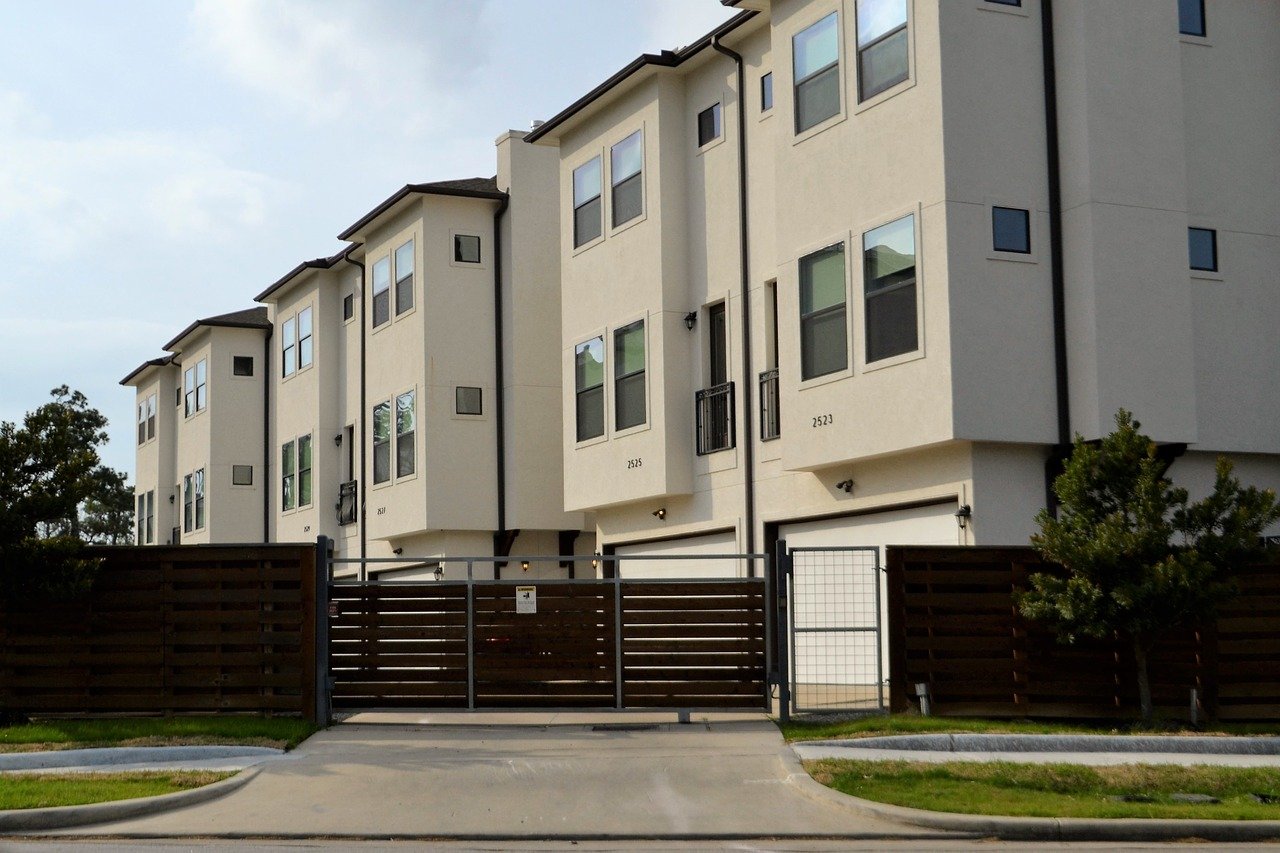
Your Guide to Short-term Rentals
This post may contain links from our sponsors. We provide you with accurate, reliable information. Learn more about how we make money and select our advertising partners.
Introduction
Over the past few years, short-term vacation rental platforms like Airbnb and Vrbo have gained immense popularity.
It makes sense; short-term rentals (STRs) can be cheaper than hotels, they provide plenty of space, and they are often much more conveniently located. In fact, these days, many vacationers skip looking for a hotel entirely, using one of these platforms exclusively.
Especially in this time, many people feel safer renting a short term rental that has strict cleaning protocols than staying in a larger hotel with a ton of other people.
That’s great for the consumer (you may have even booked an Airbnb or two yourself). But do STRs present a great opportunity for investors as well?
Well, as with anything, there are many factors to consider. But there are some major perks to investing in STRs–even over traditional long-term rentals. Perhaps surprisingly, one of the biggest benefits comes in the form of some major tax breaks you may have never considered.
So let’s jump right into why a short-term rental might be just the thing to add to your portfolio.
Why Consider Short-Term Rentals?
Profit
The nature of short-term rentals means that what you charge in “rent” is much more flexible.
While traditional, long-term rentals (like single-family homes) do provide consistent monthly cash flow, deciding how much to charge in rent is based on many factors, including the local market average.
With a short-term rental, though, most people understand and are willing to pay a premium price for a shorter stay. This means that, potentially, one or two tenants a month could bring in more profit than a traditional monthly rent payment.
For example, let’s say that you have a rental property within an hour’s drive from a national park. While a traditional lease may bring in $1,500 in monthly rent, you could make that much from a single 5-night stay when listed as an Airbnb.
The same is true of cities with popular college football teams, tourist attractions, or simply locations with good year-round weather.
Of course, the flip side of this is that while you do make more money from a single tenant, your rental property could go vacant for several days–even weeks–at a time. This can potentially eat into those profits fairly rapidly.
As you might have guessed, this means that running a short-term rental does require more hands-on management than a traditional rental. Between marketing (like customer reviews), property management, and cleaning services, some people do consider it to take more time than it’s worth.
On the other side of the spectrum, plenty of people enjoy the time and effort spent making a property irresistible to potential renters. And with the right location, a short-term rental really can be far more lucrative than a comparably long-term rental.
Control
With a long-term rental, most tenants are allowed to make small, but impactful changes to the property. This can include things like painting the walls, mounting televisions, adding a playset to that backyard… you get the idea.
With a short-term rental, you are in complete control of the property–including its appearance. Tenants won’t be making any changes (in fact, other than the occasional horror story, lodgers make little impact, if any) or additions.
For some, knowing that you have this control adds some peace of mind. Though, for others, it does add a bit more pressure, making sure that everything is always up-to-date and thoroughly inspected after every tenant leaves.
Tax Benefits
If you own any rental properties, you’re probably familiar with how confusing taxes can be. When utilized correctly, real estate can provide fantastic tax benefits, but there is one area where it gets pretty tricky: using depreciation to offset income tax.
Normally, thanks to IRC section 469 of the Tax Reform Act, high-income earners are unable to offset their W2 income using depreciation from their rental properties. That is, unless they achieve something known as “real estate professional” status (read more about that here).
In other words, passive losses can only be used to offset passive income, and active income can only be offset by active losses.
Many high-income earners strive to achieve real estate professional status, because if you can offset the income from your day job using depreciation from your rental properties, you could effectively lower the overall amount of taxes you pay, and even drop into a lower tax bracket. The problem is that this is way easier said than done, and it’s often not worth the trouble.
Short-term rentals, on the other hand, are the exception to the rule. IRC section 469 states that an activity isn’t considered “rental activity” if the average length of the stay is seven days or less. So what does this mean, exactly?
Well, it means that, with an STR, you can deduct rental losses as non-passive, allowing you to offset income from your day job without attaining real estate professional status.
Needless to say, for high-income earners like physicians, this is a huge advantage. We normally don’t have many ways to reduce our taxable income. Come tax time, the ability to deduct depreciation from your real estate properties means that you’ll likely pay significantly less to Uncle Sam.
As a quick side note: the flip side of this advantage is that you can’t count short-term rental hours toward your real estate professional status. So if that’s a goal for you, STRs won’t be a great way to help you get there.
Is an STR Right For You?
As with any investment, short-term rental properties are not without risk. The biggest one has to do with the economy. After all, most people seek out STRs for vacations, and if people are losing jobs or are otherwise strapped for cash, vacations are usually the first thing to be cut from the budget.
And of course, if you aren’t able to fill your property with tenants, you could be losing money.
However, between the significant tax breaks and fantastic profits, short-term rentals can be a truly lucrative addition to your portfolio.
Also, I typically don’t recommend that doctors and busy professionals manage these types of places themselves. Their time is worth way more than the hassle in my opinion. So you have to factor the cost of management into the numbers.
So, in order to make the best decision, ask yourself how comfortable you are with that level of risk, and how hands-on you want to be. Because when it comes right down to it, though STRs do require more attention, they can be equally rewarding.
Have you ever considered a short-term rental property? If so, did you decide against it, or did you go for it? Let me know in the comments; I’d love to hear about your experience.
Disclaimer: The topic presented in this article is provided as general information and for educational purposes. It is not a substitute for professional advice. Accordingly, before taking action, consult with your team of professionals.


